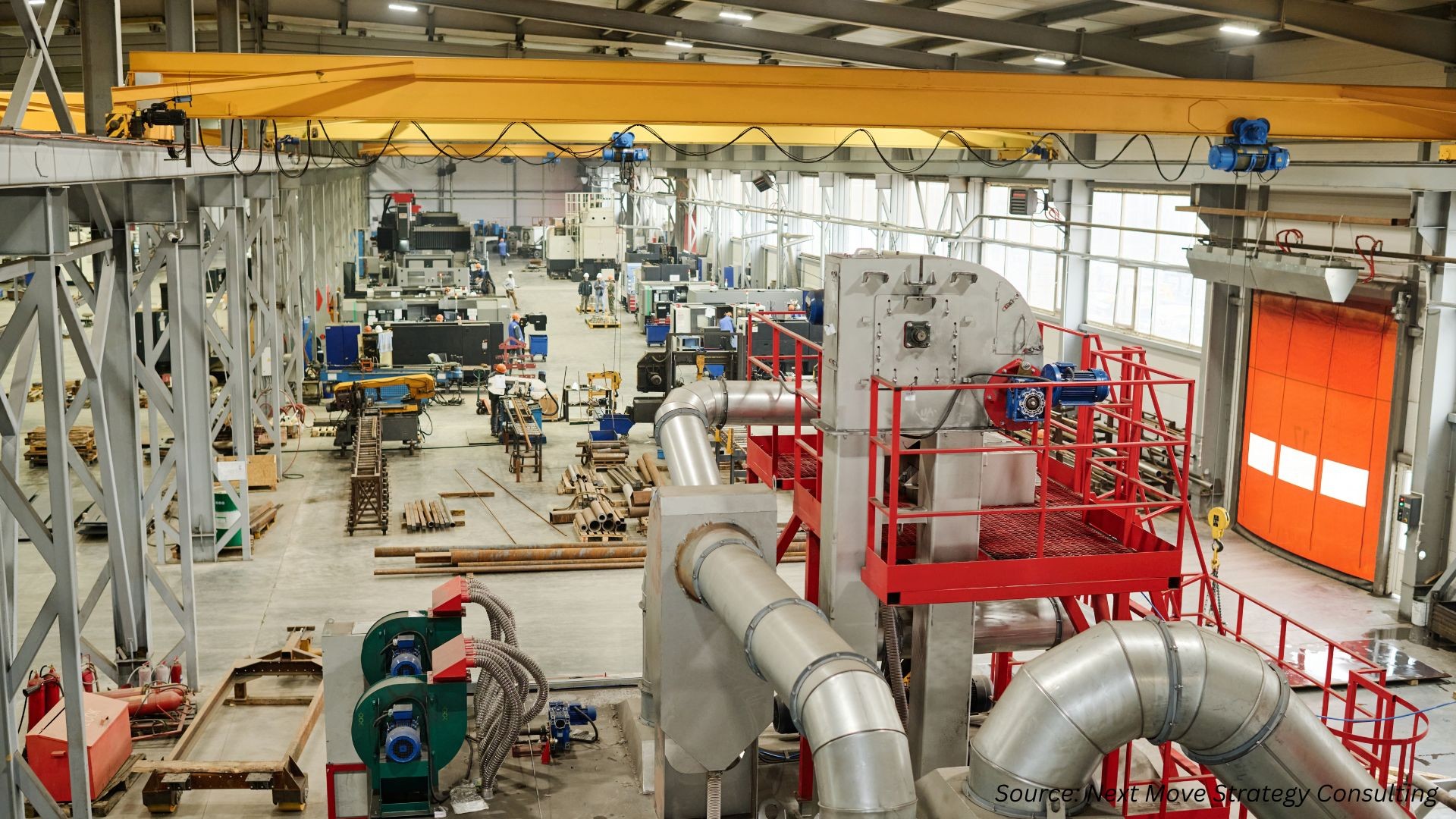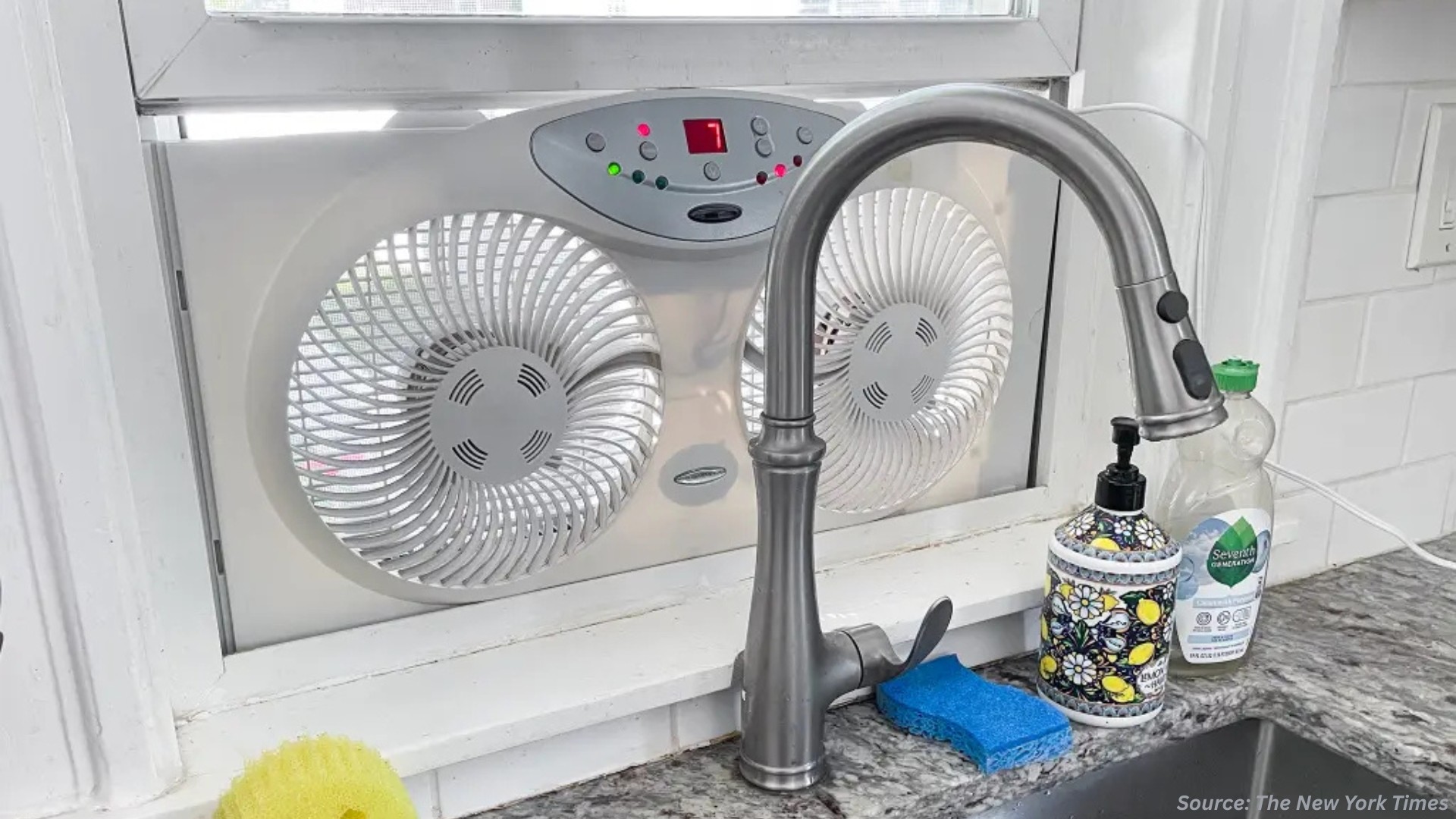Italy Air Handling Unit (AHU) Market is expected to reach USD 360.2 million by 2030
Published: 2025-01-29
The increasing demand for HVAC systems over the region is driving the demand for the Italy air handling unit (AHU) market during the forecast period.
Italy Air Handling Unit (AHU) Market size was valued at USD 267.5 million in 2023, and is predicted to reach USD 360.2 million by 2030, at a CAGR of 3.8% from 2024 to 2030, according to new research by Next Move Strategy Consulting.
The burgeoning demand for HVAC systems emerges as a significant catalyst driving the growth of the Air Handling Unit (AHU) market.
HVAC systems, integral for maintaining comfortable indoor environments across residential, commercial, and industrial sectors, are experiencing a notable surge in demand.
The expanding global population, coupled with advancements in living standards, underscores the importance of effective climate control and air quality management. AHUs, as essential components within HVAC setups, play a pivotal role in regulating temperature, humidity, and air circulation.
Factors such as urbanization, shifting weather patterns, and heightened awareness of indoor air quality contribute to the mounting demand for HVAC solutions.
This trend reflects a broader societal focus on enhancing living and working conditions, thereby propelling the growth of the Air Handling Unit market to fulfill diverse sectoral needs.
Moreover, the rapid surge in demand for air handlers within data centers serves as a primary driver propelling market growth.
With the exponential growth of global data storage and processing requirements, fueled by the widespread adoption of cloud computing, artificial intelligence (AI), and big data analytics, data centers have emerged as indispensable components of modern infrastructure.
These facilities heavily rely on precise environmental control to ensure optimal operational performance and prevent equipment overheating, thereby highlighting the essential role of AHUs within their HVAC systems.
Moreover, AHUs are tasked with regulating critical parameters such as temperature, humidity, and air quality within data centers, maintaining stable operating conditions for servers and networking equipment.
As the expansion of data center infrastructure continues to meet the rising demands for digital services, the demand for high-performance AHUs customized to the specific requirements of data center environments is witnessing a significant uptick.
Consequently, AHU manufacturers are presented with an opportune landscape characterized by the increasing demand for specialized HVAC solutions within the data center industry.
However, the procurement and installation of Air Handling Units (AHUs) involve substantial upfront costs, comprising the purchase of units and associated installation expenses, which may exceed those of alternative HVAC solutions.
This initial financial constraint could limit potential customers, particularly small enterprises or individuals with budgetary restrictions.
Consequently, the higher initial expenditures might trigger investigation into alternative, more financially feasible options or postponement of HVAC system upgrades until deemed necessary.
To address this issue, manufacturers and industry stakeholders should prioritize the development of more cost-effective AHU models and explore financing options to broaden accessibility for a wider customer base.
On the other hand, the standard shift within Air Handling Units (AHUs) towards increased intelligence and connectivity is imminent, driven by the integration of Internet of Things (IoT) technology.
This transition involves embedding advanced sensors within AHUs to monitor crucial parameters such as temperature, humidity, and air quality in real time.
With IoT integration, these AHUs will form part of a connected system, enabling remote access and control of HVAC functions. Building managers and technicians will enjoy the advantage of remotely monitoring AHU performance, swiftly identifying issues, and optimizing system efficiency.
Additionally, leveraging data analytics and machine learning algorithms facilitates predictive maintenance, ensuring timely interventions to prevent potential faults.
The primary benefits of this smart and IoT-enabled approach include enhanced energy efficiency, improved system performance, and long-term cost savings.
Overall, this integration of smart technologies positions AHUs as more responsive, efficient, and adaptable components within the evolving landscape of HVAC solutions.
Request for a Sample PDF on the Italy AHU Market
Several market players operating in the Italy air handling unit (AHU) market include Daikin Industries, Ltd., Carrier Global Corporation, Trane Technologies, Midea Group, Johnson Controls, Lennox International, Stulz GmbH, Rheem Manufacturing Company, Sinko Industries Ltd., Systemair AB, and others.
Key Insights from the Italy Air Handling Unit (AHU) Market Report:
-
The information related to key drivers, restraints, and opportunities and their impact on the Italy air handling unit (AHU) market is provided in the report.
-
The value chain analysis in the market study provides a clear picture of the roles of each stakeholder.
-
The market share of players in the Italy air handling unit (AHU) market is provided in the report along with their competitive analysis.
















Add Comment